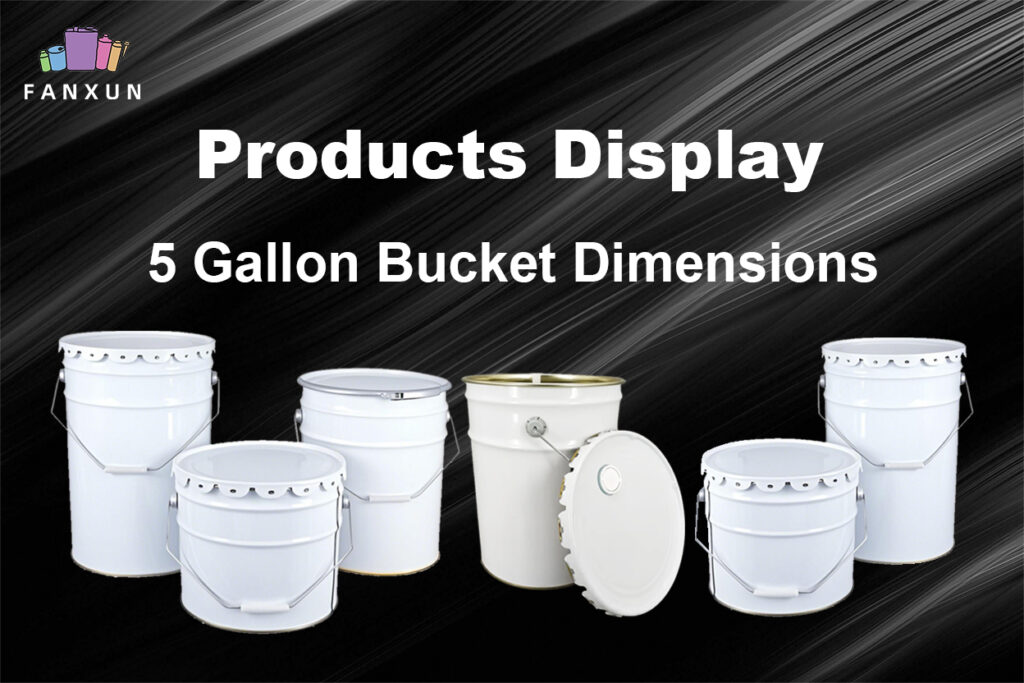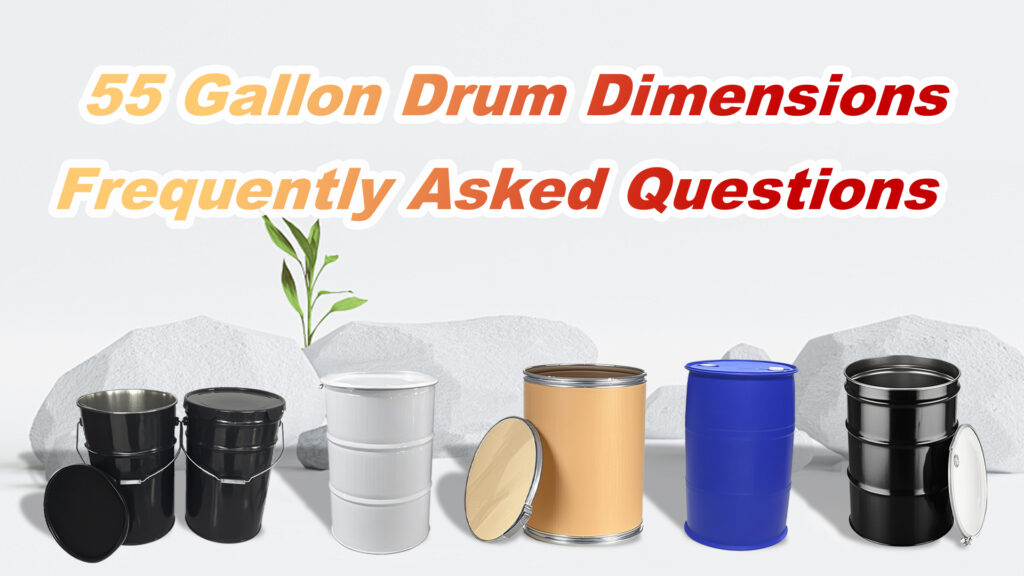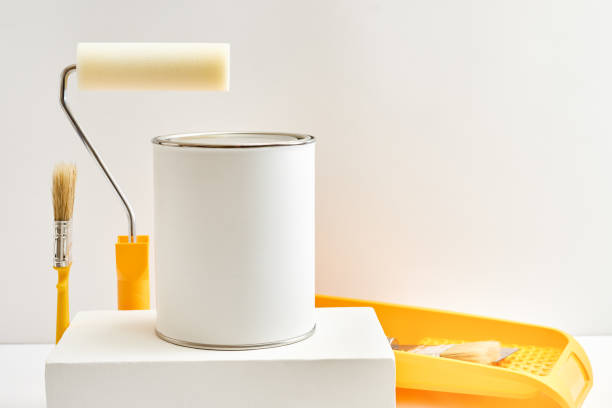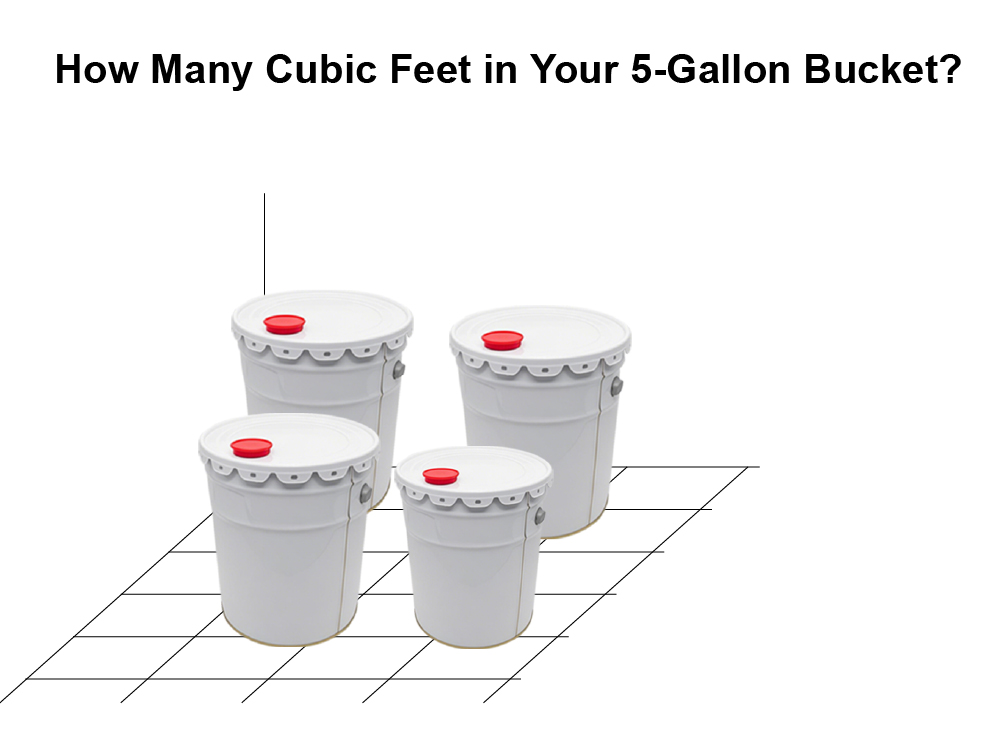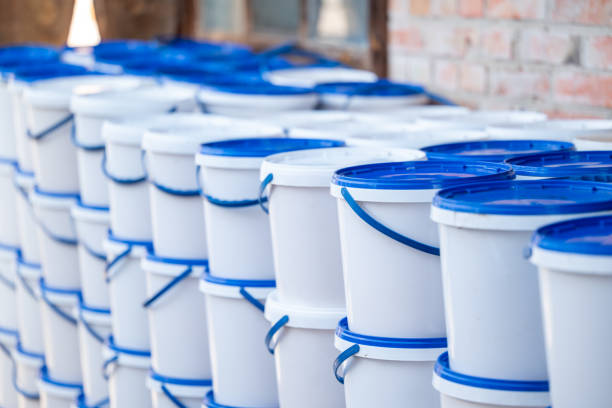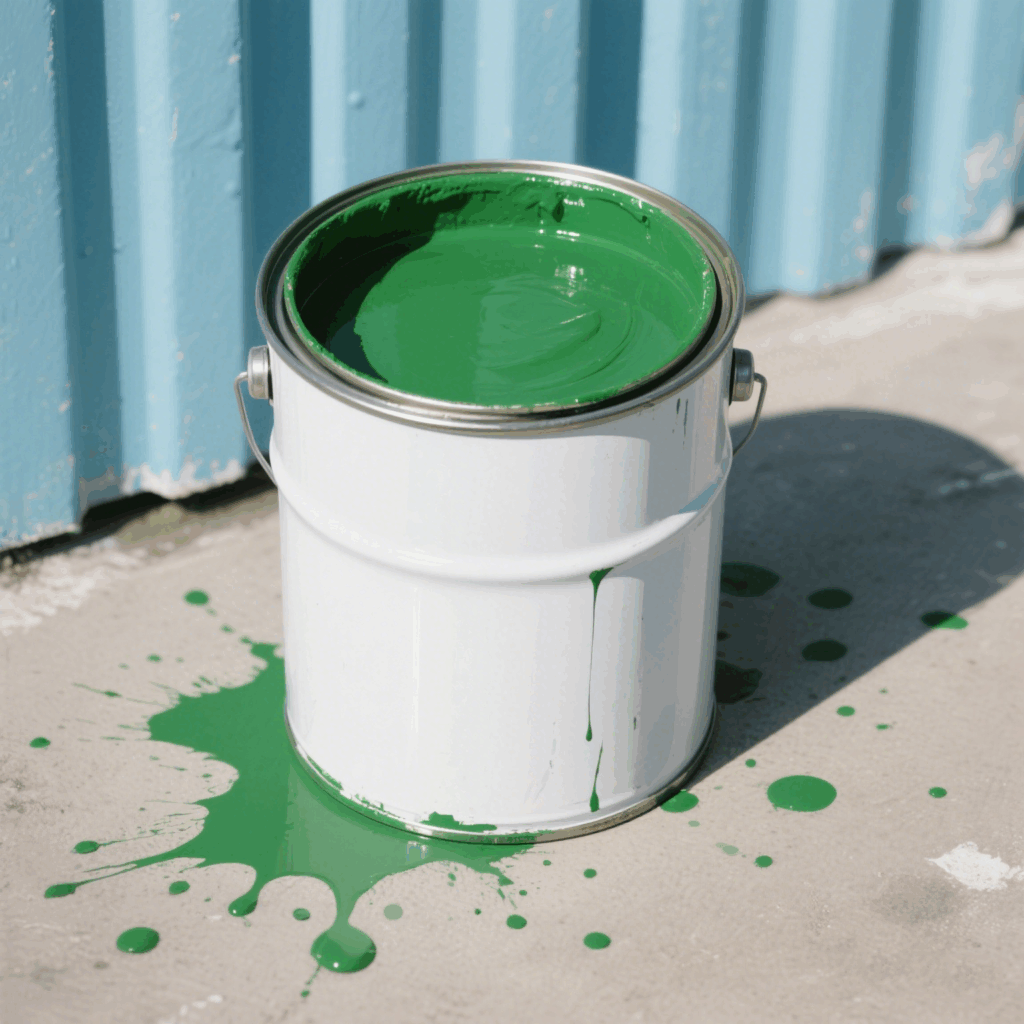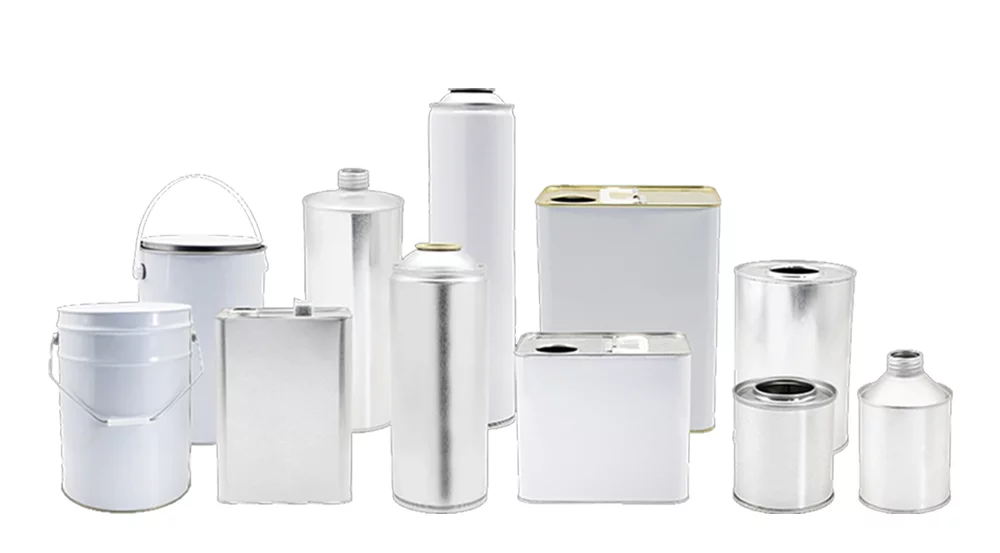¿Alguna vez te has preguntado cómo tu aerosol favorito ofrece una niebla perfecta?? Bienvenido al fascinante mundo de los envases de aerosoles! Esta guía le explicará los entresijos de los envases de aerosol., explorando sus componentes, procesos de fabricación, y los muchos beneficios que ofrecen. Si usted es un consumidor curioso o un emprendedor en ciernes que busca envases de aerosol personalizados, estás en el lugar correcto!
¿Qué es el envasado en aerosol??
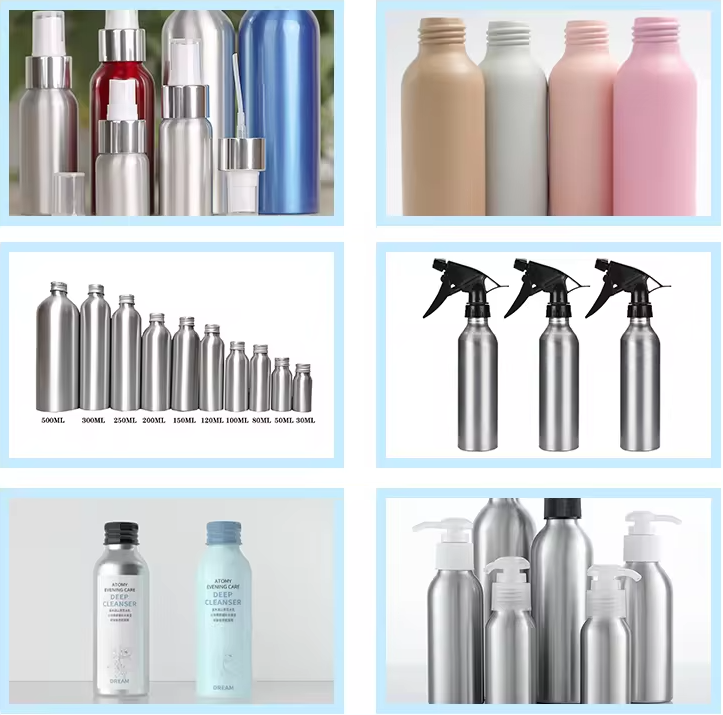
El envasado en aerosol es una forma inteligente de almacenar y dispensar diversos productos utilizando recipientes presurizados. Piense en ello como una lata mágica que transforma los líquidos en una fina niebla o espuma.. Desde limpiadores domésticos hasta productos de cuidado personal, El envasado en aerosol hace que la aplicación sea fácil y eficiente.. Pero, ¿qué implica exactamente crear estos prácticos contenedores??
Componentes del envase de aerosol

1. la lata
Latas de aerosol Por lo general, están hechos de metales como el estaño., aluminio o acero. Estos materiales se eligen por su durabilidad y capacidad para soportar la presión.. Imagínate sosteniendo una lata de refresco.; es resistente y puede soportar la efervescencia del interior; se aplican principios similares a los envases de aerosol! Algunas empresas incluso están experimentando con materiales ecológicos para reducir su huella de carbono..
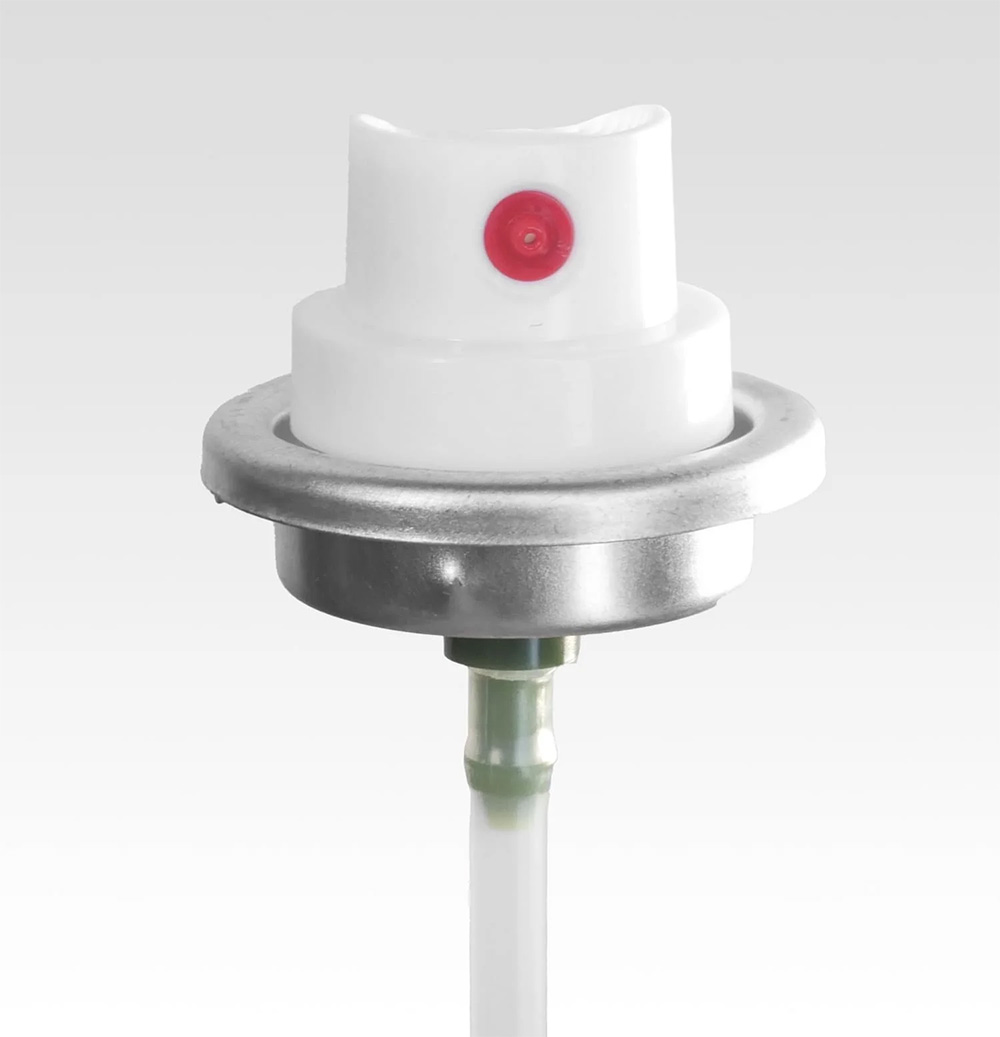
2. El sistema de válvulas
El sistema de válvulas es donde ocurre la magia.. Diferentes tipos de válvulas de aerosol controlar cómo se dispensa el producto. Por ejemplo, Algunas válvulas permiten una fina niebla., mientras que otros liberan una espuma más espesa. Esta variedad garantiza que los productos se entreguen de la forma que mejor se adapte a su propósito., ya sea para peinar tu cabello o rociar limpiador sobre una superficie.
La funcionalidad de la válvula es crucial.; Garantiza una pulverización constante y evita fugas.. Piense en ello como la boquilla de una manguera de jardín: sin la válvula adecuada, terminarías con un desastre en lugar de un spray limpio. La válvula adecuada hace que el uso de envases de aerosol sea fácil de usar y eficiente.
Proceso de fabricación de latas de aerosol

Paso 1: Formación de latas de aerosol
El viaje del envasado de latas de aerosol comienza con la formación de la lata misma. El metal se corta y se le da forma cilíndrica., listo para ser transformado en los familiares contenedores de aerosol que conocemos. Esta parte del proceso requiere precisión., ya que incluso un pequeño defecto puede provocar problemas más adelante.
Paso 2: Proceso de llenado de latas de aerosol
Una vez formadas las latas, se someten al proceso de llenado. Aquí, Los fabricantes llenan las latas de aerosol con el producto previsto máquinas de llenado de aerosoles, ya sea un limpiador doméstico o un artículo de cuidado personal. Esta etapa es crítica; Llenar latas de aerosol requiere un control cuidadoso para garantizar que cada contenedor se llene al nivel correcto y se selle adecuadamente..
Paso 3: Medidas de control de calidad
Las medidas de control de calidad son esenciales en cada paso del proceso de fabricación.. Desde probar la resistencia de la lata hasta garantizar que la válvula funcione correctamente, fabricantes de latas tenga mucho cuidado para ofrecer productos confiables. Después de todo, Nadie quiere una lata de aerosol que no funcione correctamente a mitad de uso.!
Tipos de productos en aerosol
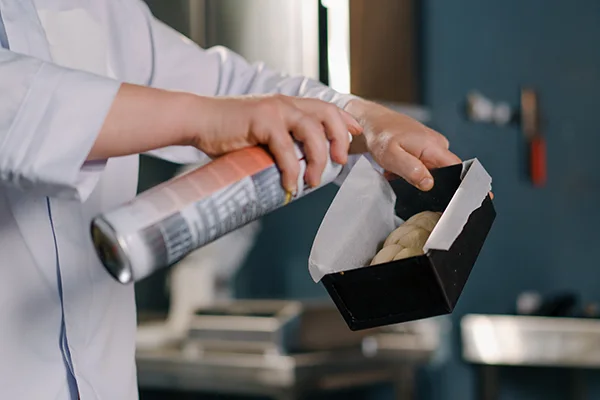
Limpiadores domésticos
Los limpiadores domésticos son uno de los usos más comunes de los envases de aerosol.. Estos productos hacen que la limpieza sea rápida y sencilla., permitiendo una aplicación eficiente en varias superficies. Sólo unas pocas pulverizaciones pueden cubrir un área grande, ahorrando tiempo y esfuerzo.
- Limpiadores de superficies
- Desinfectantes
- Ambientadores
- Refrescantes de tela
Artículos de cuidado personal
Productos de cuidado personal como desodorantes., lacas para el cabello, y las cremas de afeitar también utilizan con frecuencia envases en aerosol.. Estos artículos se benefician de la aplicación de niebla fina., asegurando una distribución uniforme y una experiencia de usuario agradable.
- Desodorantes
- Lacas para el cabello
- Cremas de afeitar
- perfumes
Productos automotrices
Los envases de aerosol no son sólo para el hogar; También se utiliza en la industria automotriz.. Desde limpiadores de neumáticos hasta lubricantes, Los contenedores de aerosol facilitan la aplicación de estos productos precisamente donde sea necesario., mejorando la usabilidad para los entusiastas de los automóviles.
- Limpiadores de neumáticos
- Desengrasantes de motor
- Lubricantes
- pinturas en aerosol
Ventajas del envasado en aerosol
En este capítulo, Exploraremos los numerosos beneficios de los envases en aerosol., mostrando por qué los envases de aerosol no sólo son funcionales sino también una opción inteligente tanto para consumidores como para fabricantes.
Comodidad y portabilidad
Uno de los beneficios más destacados de los envases en aerosol es su conveniencia.. Estos contenedores son fáciles de transportar., haciéndolos perfectos para estilos de vida en movimiento. Imagínese guardar un desodorante del tamaño de un viaje en su bolso sin preocuparse por los derrames: pura felicidad.!
Eficiencia de dispersión
El envasado en aerosol ofrece una eficiencia de dispersión excepcional. El sistema presurizado entrega productos de manera uniforme y consistente., asegurándose de obtener la cantidad correcta cada vez. No más problemas con bombas o derrames; solo un rociado rápido y listo.
Seguridad y Protección
La seguridad es una ventaja significativa, también. Los contenedores de aerosol están diseñados para proteger su contenido de contaminantes., Garantizar que el producto siga siendo eficaz y seguro de usar.. Esto es especialmente crucial para artículos como productos farmacéuticos y productos de limpieza..
Versatilidad y adaptabilidad
Los envases de aerosol son increíblemente versátiles, capaz de acomodar una amplia gama de productos. Ya sea una espuma espesa o una fina niebla, La tecnología puede adaptarse a varias formulaciones., convirtiéndolo en una opción preferida para muchas industrias.
Materiales ecológicos
Con crecientes preocupaciones medioambientales, Muchos fabricantes están buscando materiales ecológicos para envases de aerosol.. Este cambio no sólo beneficia al planeta sino que también atrae a consumidores conscientes del medio ambiente.. El packaging sostenible se está convirtiendo en un actor clave en la diferenciación de productos!
Conclusión
El envasado en aerosol es más que una forma cómoda de dispensar productos; es una mezcla de tecnología, eficiencia, y seguridad. Entendiendo sus componentes, procesos de fabricación, y los beneficios pueden ayudarte a apreciar el pequeño bote que te hace la vida más fácil. Ya sea que esté usando un limpiador doméstico o un producto de cuidado personal, Saber cómo funcionan los envases de aerosol puede mejorar su experiencia y conocimiento como consumidor..
Preguntas comunes sobre el envasado de aerosoles
- ¿Qué tipos de productos se pueden envasar en latas de aerosol?? Las latas de aerosol pueden envasar una variedad de productos., incluyendo limpiadores domésticos, artículos de cuidado personal, productos automotrices, y más.
- ¿Cómo se deben eliminar las latas de aerosol?? Las latas de aerosol deben eliminarse según las normas locales.. Muchas áreas tienen pautas específicas para el reciclaje o desechos peligrosos..
- ¿Son seguras las latas de aerosol?? Sí, las latas de aerosol son seguras cuando se usan según las indicaciones. Lea siempre la etiqueta y siga las instrucciones de seguridad para garantizar un uso adecuado..
- ¿Cuáles son los impactos ambientales de los envases de aerosol?? Los impactos ambientales pueden variar., pero las preocupaciones incluyen el uso de propulsores y materiales. Muchos fabricantes están avanzando hacia opciones ecológicas para mitigar estos efectos..
- ¿Cómo ha evolucionado el envasado en aerosol a lo largo del tiempo?? Los envases de aerosoles han evolucionado significativamente, con avances en materiales y tecnología que conducen a una mayor seguridad, más eficiente, y diseños ecológicos.















